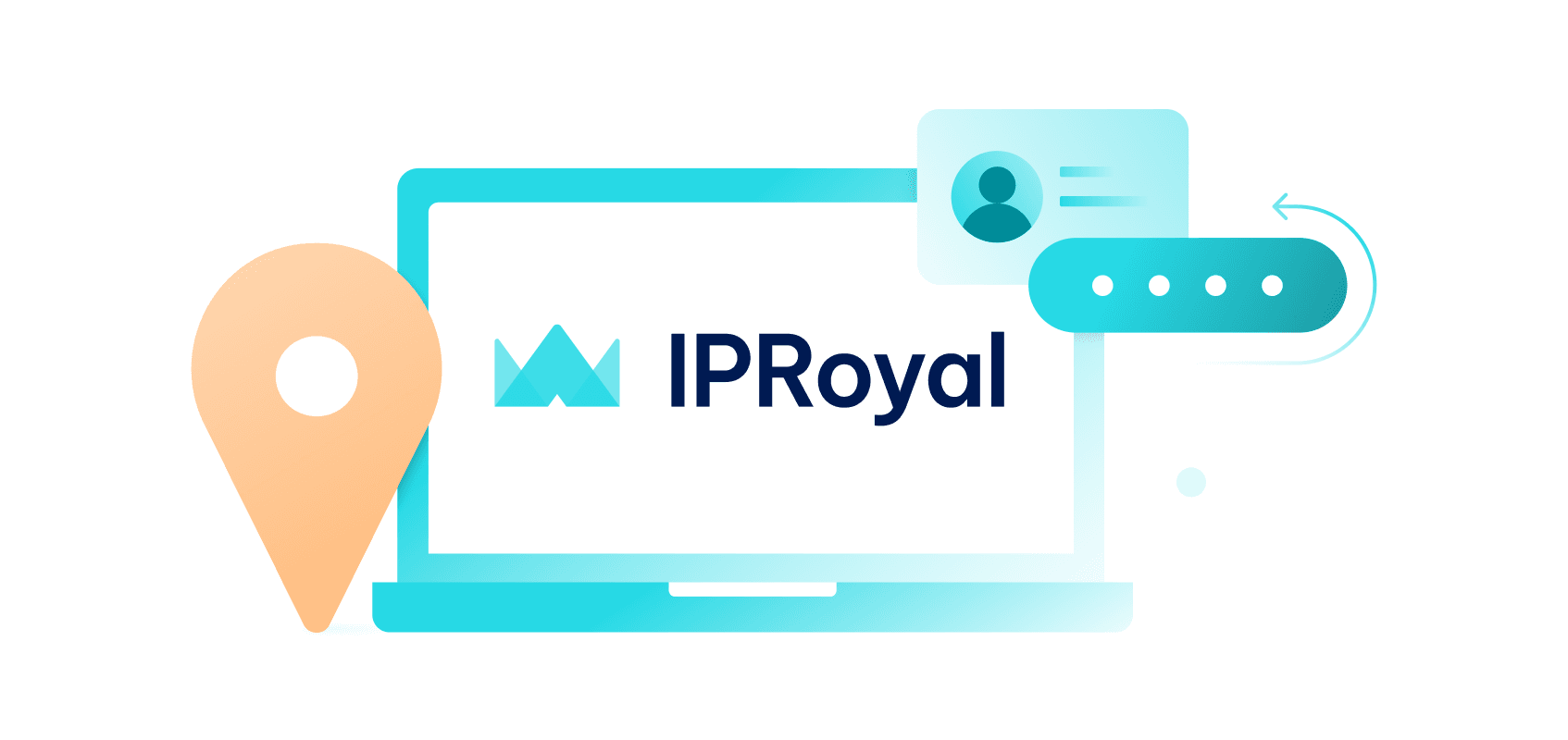Ethical Data Collection: Exploring Guidelines and Pillars for 2025
News

Justas Palekas
Data collection has become a daily ritual for businesses of all types and sizes. It’s how they survive and thrive in 2026. However, this widespread practice comes with certain obligations and responsibilities to ensure it’s conducted ethically!
Ethical data collection not only builds trust with clients but also demonstrates a commitment to safeguarding their privacy and safety. To achieve this, businesses must understand the core principles of ethical data collection and navigate the legal and ethical regulations surrounding it.
So, let’s delve into the pillars of ethical data gathering and explore the latest guidelines associated with it before we discuss what to expect in 2026 and how IPRoyal manages to provide ethical proxy solutions.
For visual learners, watch this video:
The Pillars of Ethical Data Collection
Ethical data collection relies on several key principles or pillars to ensure data is gathered in a responsible, fair, and transparent manner. The pillars that can also be considered ethical implications in data collection include:
Informed consent
Data subjects should be fully aware of the data collection nature, its purpose, and the potential risks associated with it. They should be able to provide consent without coercion and opt out of it if desired. You can use a consent management platform to legally obtain, manage, and track compliant consent from your users who visit your website.
| Common forms of informed consent | |
|---|---|
| Digital privacy standards | Allowing users to accept the ToS of a particular business |
| Signed written agreements | Ensuring explicit consent for highly complex or sensitive data gathering |
| Pop-ups with a checkbox | Allowing sites and pages to track the browsing habits of users via cookies |
Privacy and anonymity
Ensuring the privacy of the data subjects is directly linked to the ethics of data collection. For that reason, data should be anonymized, which involves removing personal identifiers so that individuals can’t be identified.
Accuracy and reliability
One of the ethical responsibilities is to guarantee the accuracy and reliability of the collected data. The goal is to prevent data from being manipulated or misinterpreted to avoid incorrect decisions and conclusions that can potentially cause harm.
Data security
Strong security measures should be implemented to ensure data stays protected against theft, access, or any other type of breach. These include regular security audits, encrypted data transmission, and security storage.
Transparency
Being open about the methodologies used and the intended use of the collected data is imperative in data ethics. Data subjects should know exactly how their data is gathered, the reason behind it, and how it’s used.
Adhering to laws and regulations
Compliance with GDPR and similar data protection laws and regulations is a crucial ethical responsibility. It ensures individuals’ data rights are protected.
Avoiding harm
The process of collecting and using data shouldn’t cause any harm to the subjects involved. This requires considering the potential long-term effects of the process.
Respecting cultural and societal differences
Societal, cultural, and community norms and values are integral aspects of ethical data collection and should be all considered and valued in the process.
Beneficence
The reason for data collection should be to benefit society or individuals in any way instead of just benefiting the data collector.
Accountability
Everyone involved in the process of data collection should be accountable for complying with these ethical considerations and for any outcomes resulting from their data-related actions.
Legal and Ethical Guidelines for Data Collection in 2024
Legal and ethical guidelines for data collection include a set of principles and regulations that dictate how data should be gathered, stored, processed, and used in a way that respects individuals’ rights, privacy, and societal values.
These guidelines are crucial for ensuring that data collection practices are conducted responsibly and transparently. They include:
- General Data Protection Regulation (GDPR) in Europe
- Health Insurance Portability and Accountability Act (HIPAA) in the US
- California Consumer Privacy Act (CCPA)
- ISO/IEC 27001
Future trends in data privacy laws and ethical considerations to expect in 2024 include:
- Regulations and frameworks focused on the transparency of AI, addressing algorithmic bias, and integrating ethical principles into AI development and implementation.
- Stricter regulations regarding the collection, storage, and use of biometric data, prioritizing individual consent and the implementation of strong security protocols.
- Increased scrutiny and limitations on cross-border data transfers.
- Revisions of GDPR and similar existing laws and the emergence of fresh regulations in various locations.
- Tighter data security regulations, a greater emphasis on reporting and responding to incidents, and ongoing efforts to tackle cybercrime.
- Focus on ethical concerns regarding the interaction between humans and AI to ensure AI systems respect human values, promote inclusivity, and engage in responsible interaction with humans.

IPRoyal’s Ethical Proxy Solutions
IPRoyal is a trustworthy proxy provider offering a network of ethically sourced residential proxies for enterprise clients, The network consists of over 32 million IP addresses worldwide obtained from authentic users and ISPs in a way that sets it apart from the competition.
We maintain transparency on how we acquire these proxies with our clients, fostering trust between customers and sources. IPRoyal offers compensation and rewards to anyone willing to share their internet connection in our proxy network via the compliant internet-sharing app called Pawns.app.
The app clearly informs users that they can choose to share their bandwidth with others only for performing legal online activities. In return, they get paid. Of course, an option to opt-out is available at all times.
IPRoyal ensures its clients are entitled to rights under GDPR, CCPA, and PDPL, guaranteeing compliance with relevant data protection regulations. A wide range of certifications and awards prove our dedication to providing a trustworthy, ethical service.
We also require clients to verify their identity to be able to get access to everything our services have to offer. The KYC policy requires all clients to provide a selfie and an image of their ID, passport, or driver’s license. This way, the company has the necessary information in case we detect any suspicious activity.
On top of that, IPRoyal monitors its network constantly to prevent abuse. If it detects any suspicious activity, it contacts the client to verify what’s happening. If there’s no response, the account gets terminated.
This is how IPRoyal’s clients know they are using ethical, certified, and compliant residential IPs for web scraping, web crawling, and any other online task.
Final Words
In 2024, data collection has evolved far beyond mere scraping. It’s about ensuring it’s conducted ethically to ensure trust, privacy, and security between businesses and clients. For that reason, companies striving for growth need to know the pillars of ethical data collection. To ensure sustainable growth, it’s essential to stay updated on the latest regulations, and align with partners like IPRoyal, who are committed to upholding these principles.
